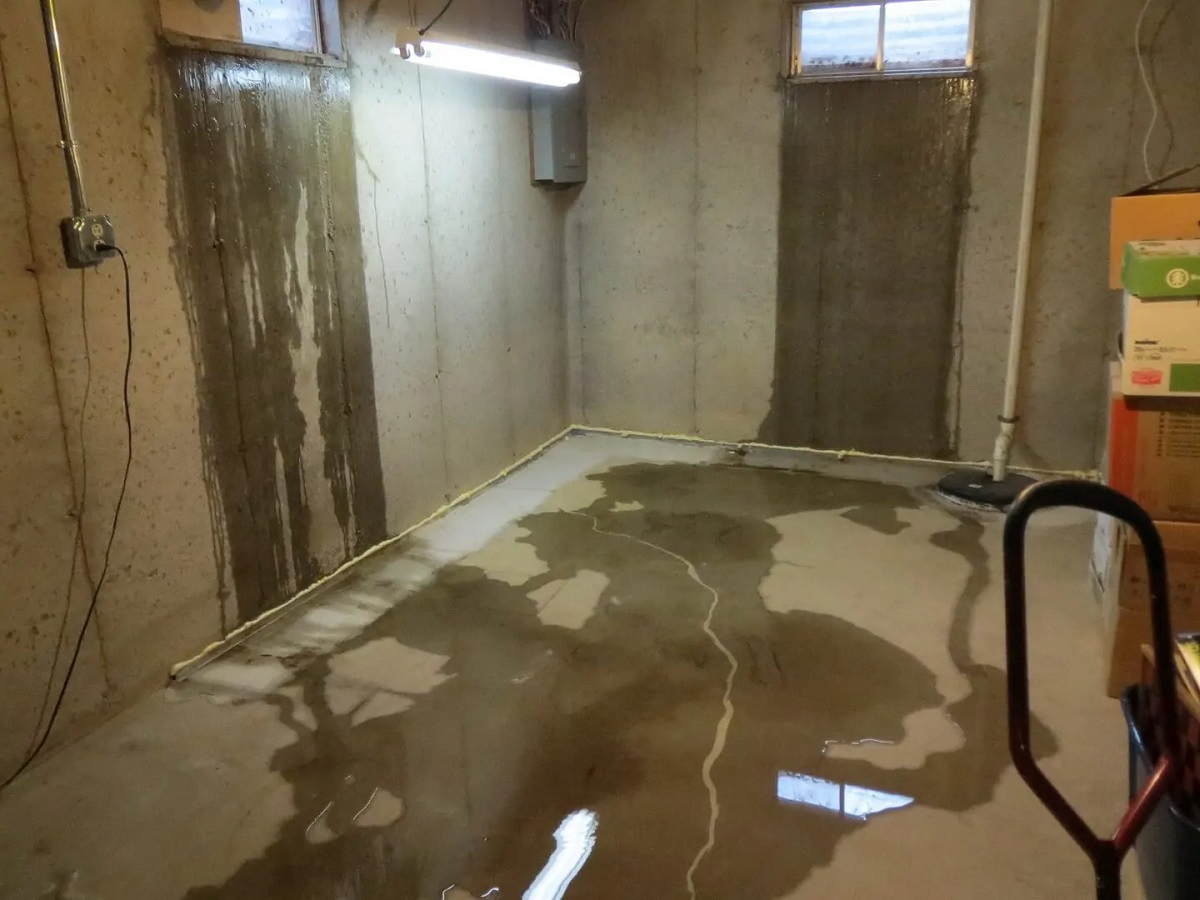

Articles
How To Handle A Water Leak In The Basement
Modified: December 7, 2023
Looking for articles about who to call when water is in your basement? Find helpful tips and advice from experts in our comprehensive collection.
(Many of the links in this article redirect to a specific reviewed product. Your purchase of these products through affiliate links helps to generate commission for Storables.com, at no extra cost. Learn more)
Introduction
Discovering water in your basement can be a homeowner’s worst nightmare. Not only can it lead to extensive damage to your property, but it can also create a breeding ground for mold and mildew, posing health risks to you and your family. When faced with this situation, it’s crucial to address the issue promptly and efficiently.
In this article, we will explore the common causes of water in the basement, signs to look out for, the necessary steps to take when you discover water, the importance of hiring a professional water damage restoration company, and prevention tips to avoid such a situation in the future.
Whether you’re dealing with a minor water leak or a major flood, understanding the causes, signs, and proper actions to take can help you mitigate the damage and restore your basement to its original condition. So, let’s dive in and learn more about handling water in the basement.
Key Takeaways:
- Promptly address water in your basement by identifying the source, removing water, and hiring professionals if needed. Prevention is crucial, so maintain proper grading, clean gutters, and invest in waterproofing to avoid future issues.
- When faced with water in your basement, prioritize safety, act quickly, and consider hiring a professional water damage restoration company. Stay proactive in maintaining your basement to prevent costly repairs and ensure a safe living space.
Read more: How To Fix A Leaking Basement
Common Causes of Water in the Basement
Water in the basement can be caused by a variety of factors. Understanding these common causes can help you identify the source of the problem and take appropriate measures to address it.
- Foundation Issues: One of the primary culprits behind water in the basement is foundation problems. Cracks in the foundation walls or floors can allow water to seep in during heavy rains or when the water table rises. Additionally, improper grading around the foundation can lead to water pooling against the walls, increasing the risk of basement leaks.
- Plumbing Leaks: Faulty plumbing, such as leaky pipes, damaged water supply lines, or a malfunctioning sump pump, can contribute to water accumulation in the basement. A small leak, if left unchecked, can escalate into a major flooding issue.
- Insufficient Waterproofing: If your basement lacks proper waterproofing, it becomes vulnerable to water infiltration. Inadequate sealant on foundation walls, improperly installed basement windows, or a lack of waterproof membranes on the exterior can all contribute to water seepage.
- Heavy Rainfall or Storms: During periods of heavy rainfall or severe storms, the excess water can put pressure on the foundation, causing it to crack or leading to poor drainage around the perimeter. This can result in water finding its way into the basement.
- Gutter and Downspout Issues: Clogged or malfunctioning gutters and downspouts can result in water overflow, leading to pooling around the foundation. This water can easily find its way into the basement, causing water damage.
Identifying the root cause of water in your basement is crucial for effective remediation. By understanding these common causes, you can take the necessary steps to fix the issue and prevent future occurrences.
Signs of Water in the Basement
Recognizing the signs of water in your basement early on can help you detect and address the issue before it escalates into a major problem. Here are some common signs to watch out for:
- Dampness or Moisture: If you notice a persistent damp or musty odor in your basement, it could be a sign of water infiltration. Excessive moisture in the air can indicate underlying water issues.
- Water Stains: Keep an eye out for water stains on the walls, floors, or ceiling of your basement. These stains typically appear as discolored patches or streaks and are a visible indicator of water presence.
- Puddles or Standing Water: Observe your basement floor after heavy rainfall or melting snow. If you notice puddles or standing water, it’s a clear indication of water seepage.
- Mold and Mildew Growth: A damp environment is the perfect breeding ground for mold and mildew. If you spot any fuzzy patches, discoloration, or a musty smell, it’s likely that water is present in your basement.
- Efflorescence: Efflorescence appears as a white powdery substance on walls or floors and is caused by mineral deposits left behind when water evaporates. It indicates the passage of water through the concrete or masonry.
- Peeling paint or wallpaper: Excessive moisture can cause paint or wallpaper to peel or bubble. If you notice these issues in your basement, water intrusion may be the culprit.
It’s important to promptly address these signs of water in your basement to prevent further damage and protect the structural integrity of your home. Ignoring these signs can lead to costly repairs and health hazards associated with mold growth.
Steps to Take When You Discover Water in Your Basement
Finding water in your basement can be overwhelming, but it’s crucial to take immediate action to minimize the damage. Here are the steps you should take when you discover water in your basement:
- Ensure Safety: Before entering the flooded area, it’s important to ensure your safety. Turn off the electricity to the basement to avoid the risk of electric shock. If the water level is high, it’s recommended to wait for professional help.
- Identify the Source: Try to locate the source of the water to prevent further flooding. It may be a leaking pipe, a crack in the foundation, or a malfunctioning appliance. If the issue is plumbing-related, shut off the water supply to stop the flow of water.
- Remove Water: Begin removing the water from your basement as soon as possible to prevent further damage. You can use a wet vacuum, a sump pump, or even buckets to manually remove the water. If the water level is substantial, consider hiring a professional water damage restoration company for efficient extraction.
- Dry Out the Area: After removing the water, it’s crucial to thoroughly dry out the affected area. Open windows and doors to promote airflow, and use fans and dehumidifiers to aid in the drying process. This will help prevent mold growth and further damage to your belongings.
- Assess the Damage: Take inventory of the damage caused by the water in your basement. Document the affected areas, furniture, electronics, and personal belongings for insurance purposes.
- Dispose of Damaged Items: Depending on the extent of the damage, you may need to dispose of items that cannot be salvaged. Items severely damaged by water or contaminated by mold should be discarded to prevent health hazards.
- Address the Root Cause: Once the immediate water removal and drying process is complete, it’s important to address the root cause of the water issue. Consult with a professional plumber, waterproofing specialist, or a foundation repair expert to identify and fix the source of the problem.
- Consider Professional Restoration: If the water damage is extensive or you’re concerned about the risk of mold growth, it’s advisable to hire a professional water damage restoration company. These experts have the knowledge, experience, and specialized equipment to fully restore your basement and prevent future issues.
Remember, acting promptly when you discover water in your basement can save you time, money, and potential health hazards. Don’t hesitate to reach out to professionals for assistance in handling the situation effectively.
Call a professional water damage restoration company to assess the situation and provide a solution. They have the expertise and equipment to properly address the issue and prevent further damage.
Hiring a Professional Water Damage Restoration Company
Dealing with water damage in your basement can be overwhelming, and it’s often best to enlist the help of a professional water damage restoration company. These professionals are trained and equipped to handle the cleanup and restoration process efficiently. Here are some reasons why hiring a professional is beneficial:
- Expertise and Experience: Water damage restoration companies have years of experience dealing with water-related issues. Their technicians are trained in assessing the extent of the damage, implementing appropriate restoration techniques, and preventing further damage. They have the knowledge and skills to handle different types and sizes of water damage situations in basements.
- Advanced Equipment: Water damage restoration requires specialized equipment, such as industrial-grade pumps, high-powered fans, and dehumidifiers. Professional restoration companies have access to this equipment, allowing them to remove excess water, thoroughly dry the area, and restore your basement to its pre-damage condition. Their equipment helps speed up the drying process and reduces the risk of mold growth.
- Rapid Response: Time is of the essence when it comes to water damage restoration. Professional companies understand the importance of a prompt response and are available 24/7 to handle emergencies. They can quickly assess the situation, devise a restoration plan, and begin the cleanup process to minimize further damage and prevent mold growth.
- Mold Prevention and Remediation: Water damage can often lead to mold growth if not addressed properly. Professional restoration companies have expertise in identifying and addressing potential mold issues. They use techniques and products to prevent mold growth, and if mold is present, they have the knowledge and experience to safely remove and remediate the affected areas.
- Insurance Assistance: Dealing with insurance claims can be complex and time-consuming. Professional water damage restoration companies have experience working with insurance companies and can help navigate the claims process. They can provide documentation, assessments, and detailed reports that help expedite the insurance claim settlement process.
- Peace of Mind: Hiring professionals to handle the restoration process gives you peace of mind knowing that the job will be done properly. They understand the stress and emotional toll water damage can have on homeowners, and by entrusting the restoration to professionals, you can focus on other important aspects of getting your life back to normal.
When hiring a water damage restoration company, be sure to do your research, read customer reviews, and request quotes from multiple companies. Choose a reputable company with a proven track record of quality work and exceptional customer service. Remember, addressing water damage in your basement promptly and professionally can save you time, money, and ensure the long-term integrity of your home.
Read more: How To Fix A Leaking Basement Wall
Prevention Tips to Avoid Water in the Basement
Preventing water damage in your basement is key to maintaining the integrity of your home and avoiding costly repairs. Here are some helpful tips to help you keep water out of your basement:
- Maintain Proper Grading: Ensure that the ground around your foundation slopes away from your home. This helps redirect water away from the basement walls and helps prevent water from pooling against the foundation.
- Keep Gutters and Downspouts Clean: Regularly clean and maintain your gutters and downspouts to prevent blockages. Clogged gutters can cause water overflow, leading to water infiltration around the foundation. Install downspout extensions to direct water at least four feet away from the foundation.
- Invest in Proper Waterproofing: Consider investing in quality basement waterproofing. Seal any cracks or gaps in the foundation walls, windows, or floors. Apply waterproof coatings or membranes to the exterior foundation walls for added protection.
- Install a Sump Pump: A sump pump is an essential device for preventing basement flooding. It helps remove excess water that might accumulate in the basement. Ensure that the pump is properly installed and functioning correctly.
- Inspect and Maintain Plumbing: Regularly inspect and maintain your plumbing system. Check for leaks, drips, or any signs of water damage. Fix any issues promptly to prevent water damage in the basement.
- Ensure Proper Groundwater Management: If your basement is prone to high groundwater levels, consider installing a French drain or a perimeter drain system around the foundation. These systems help collect and redirect groundwater away from the basement.
- Install Window Well Covers: If you have basement windows, install window well covers to prevent water from entering through the window wells. This also helps keep debris and leaves out of the window wells.
- Regularly Inspect for and Address Foundation Issues: Schedule regular inspections of your foundation for any signs of cracks, gaps, or other structural issues. Address any foundation problems promptly to prevent water infiltration.
- Monitor Humidity Levels: Keep an eye on the humidity levels in your basement. Use a dehumidifier if necessary to control moisture levels and prevent mold growth.
- Consider Waterproof Flooring and Wall Materials: When renovating your basement, choose waterproof flooring and wall materials. These materials are designed to withstand water exposure and can help minimize damage in case of a water incident.
By following these prevention tips, you can reduce the risk of water damage in your basement and maintain a dry and safe living space. Regular maintenance, prompt repairs, and proactive measures will help protect your home from potential water-related issues.
Conclusion
Water in the basement can cause significant damage and pose health risks if not addressed promptly and effectively. By understanding the common causes, recognizing the signs, and taking immediate action, you can minimize the impact of water damage and protect your home.
When you discover water in your basement, remember to prioritize safety first. Identify the source of the water, remove the excess water, dry out the area, and assess the damage. If needed, hire a professional water damage restoration company to ensure a thorough and efficient restoration process.
Prevention is key to avoiding water in the basement. Maintain proper grading around the foundation, keep gutters and downspouts clean, invest in proper waterproofing, and inspect and maintain your plumbing system. Additionally, installing a sump pump, managing groundwater effectively, and monitoring humidity levels can help prevent water issues.
By following these preventive measures and staying proactive in maintaining your basement, you can significantly reduce the risk of water damage. Regular inspections, timely repairs, and the use of waterproof materials contribute to a dry and safe basement environment.
Remember, when it comes to water in the basement, acting quickly and seeking professional assistance when needed is crucial. By doing so, you can protect your property, avoid costly repairs, and ensure the well-being of your family.
So, stay vigilant, take necessary precautions, and be proactive in preventing and addressing water issues in your basement. With these steps, you can maintain a strong and watertight foundation for your home.
Frequently Asked Questions about How To Handle A Water Leak In The Basement
Was this page helpful?
At Storables.com, we guarantee accurate and reliable information. Our content, validated by Expert Board Contributors, is crafted following stringent Editorial Policies. We're committed to providing you with well-researched, expert-backed insights for all your informational needs.
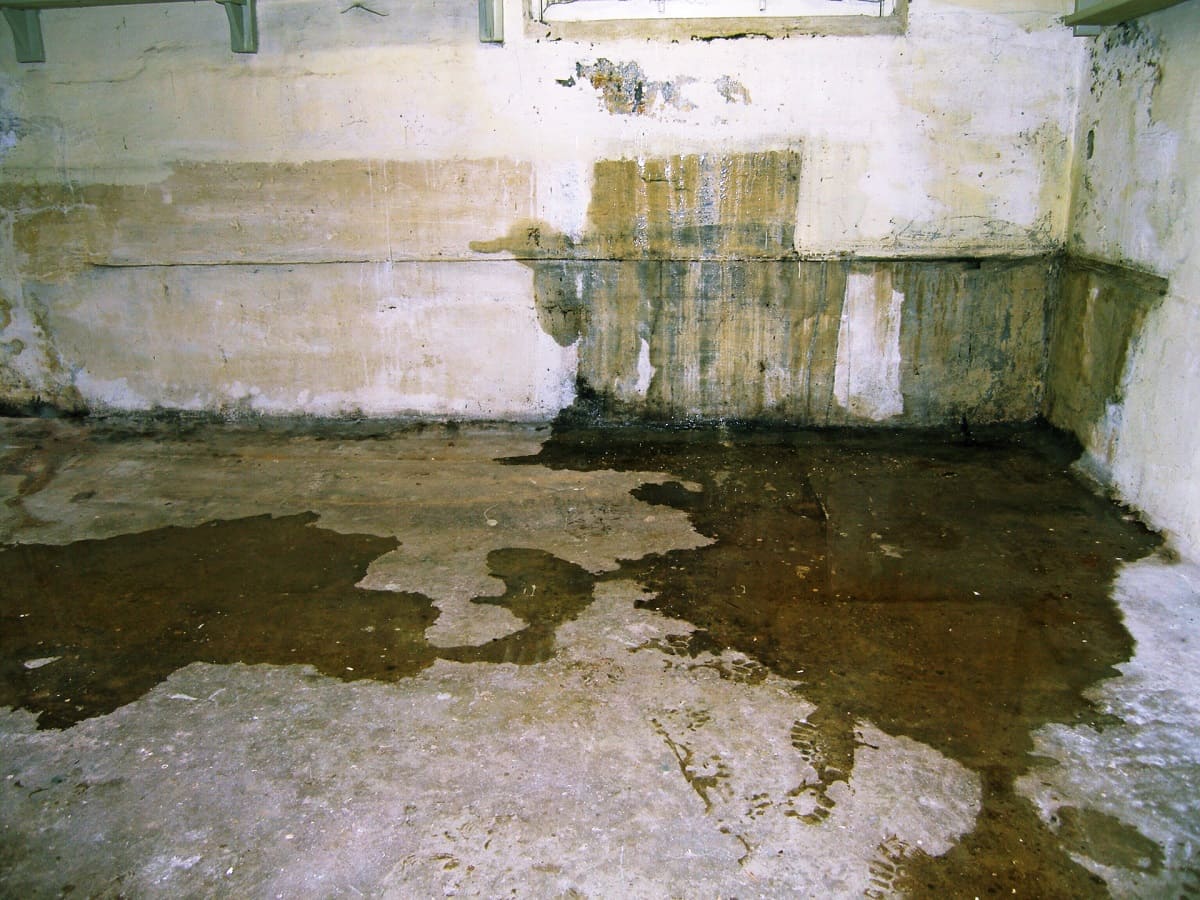
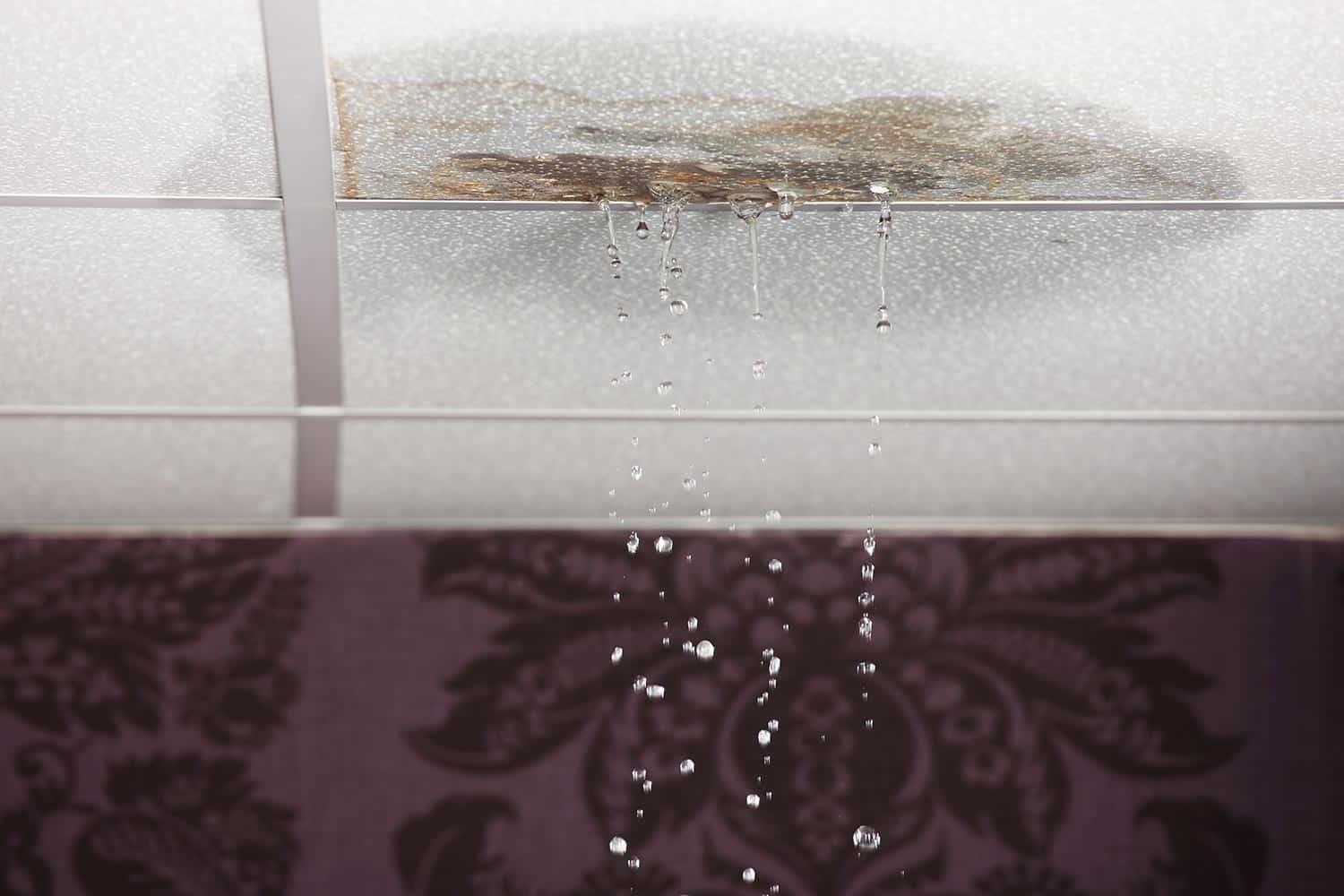
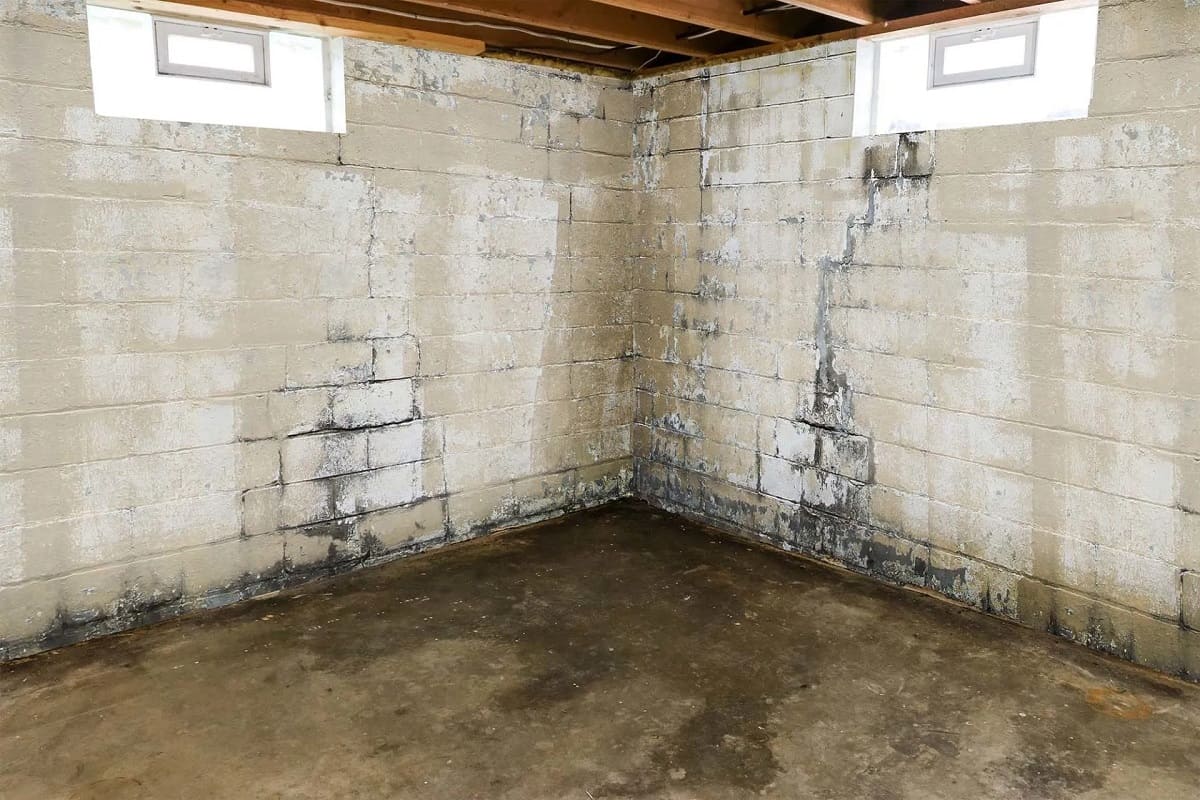
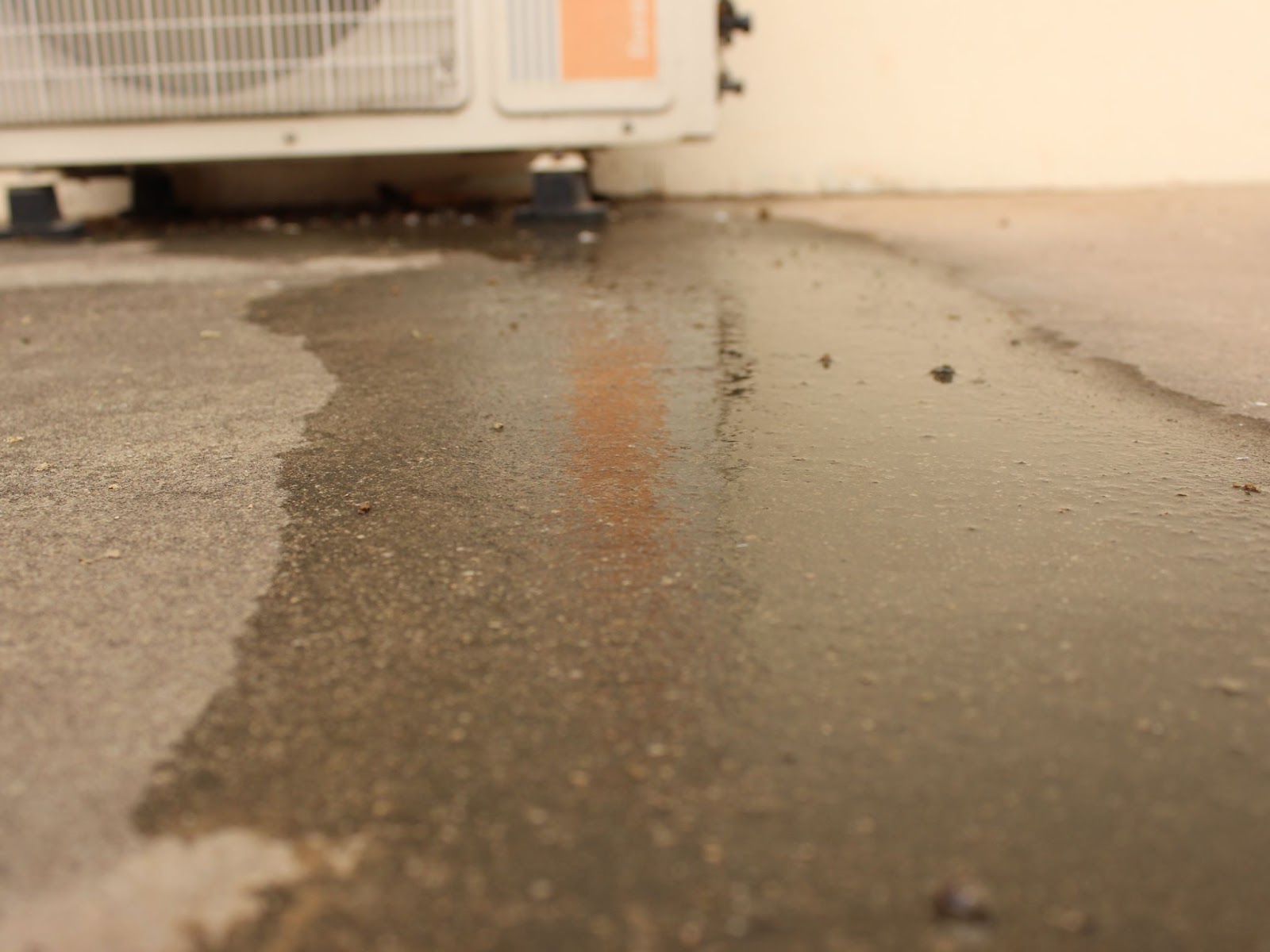
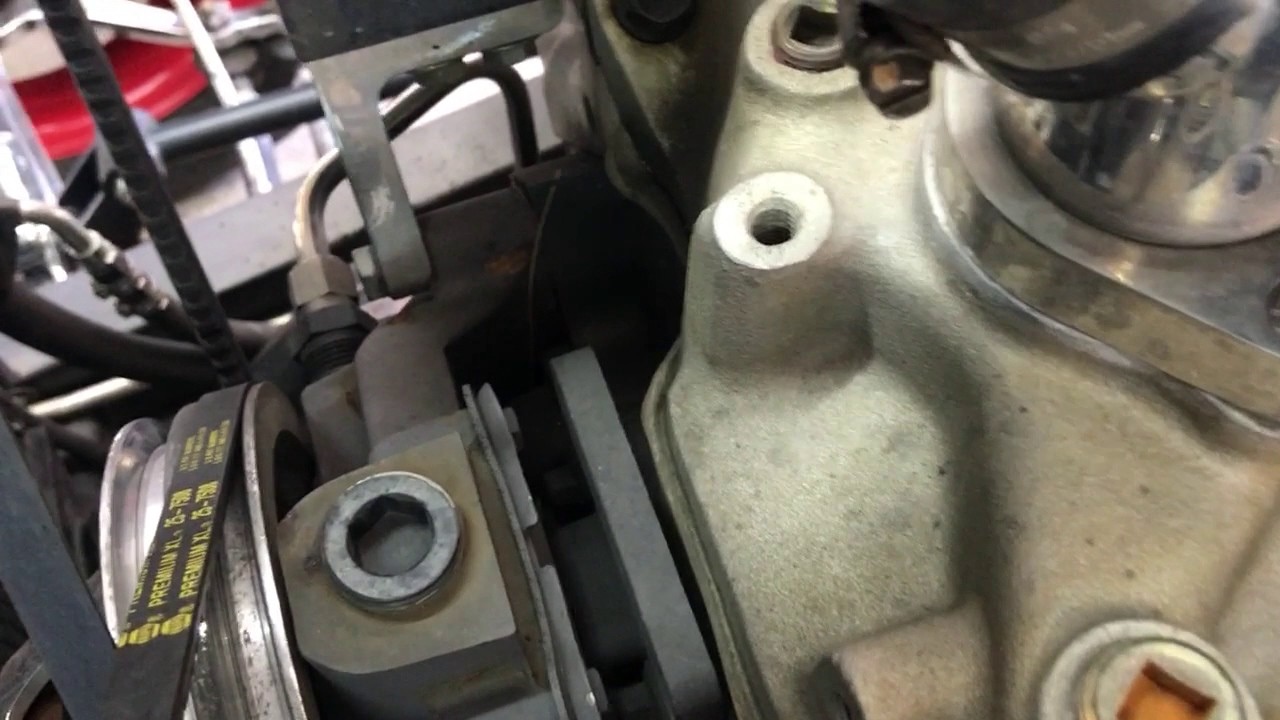
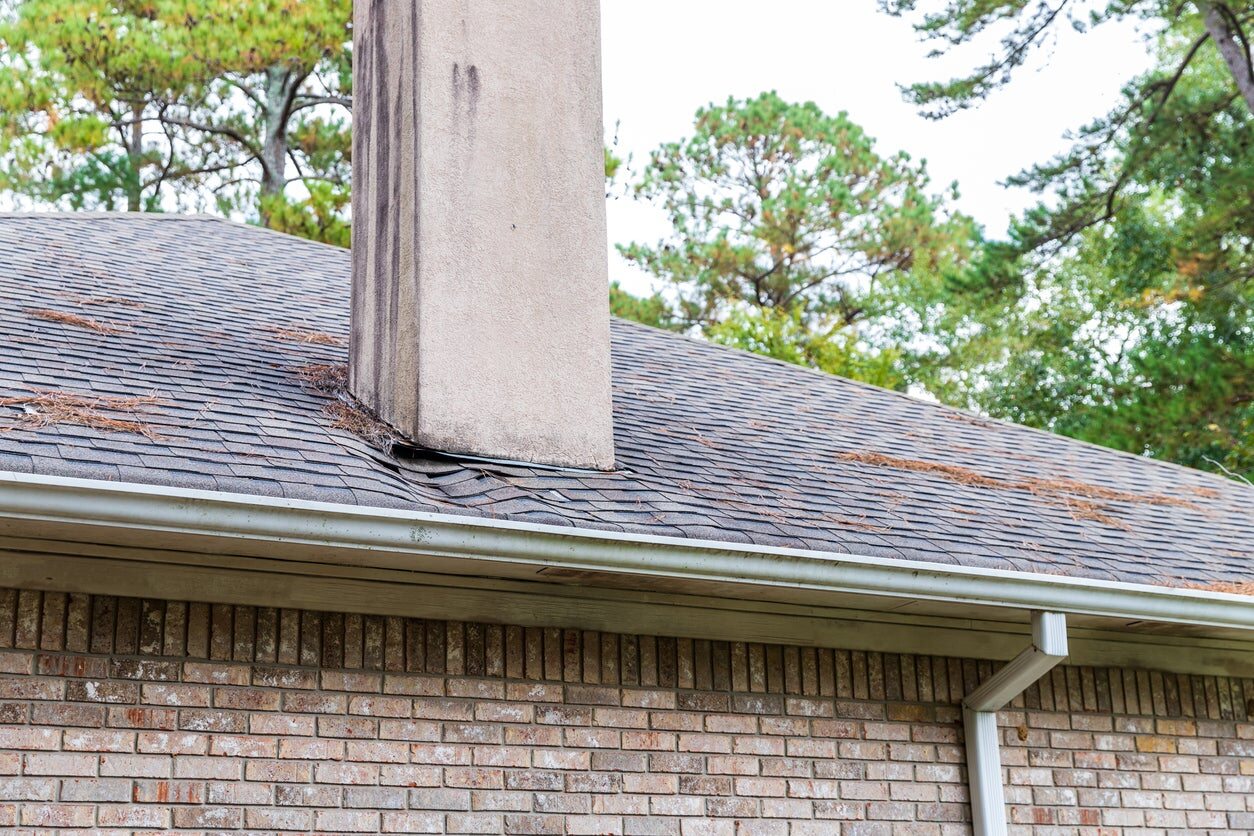
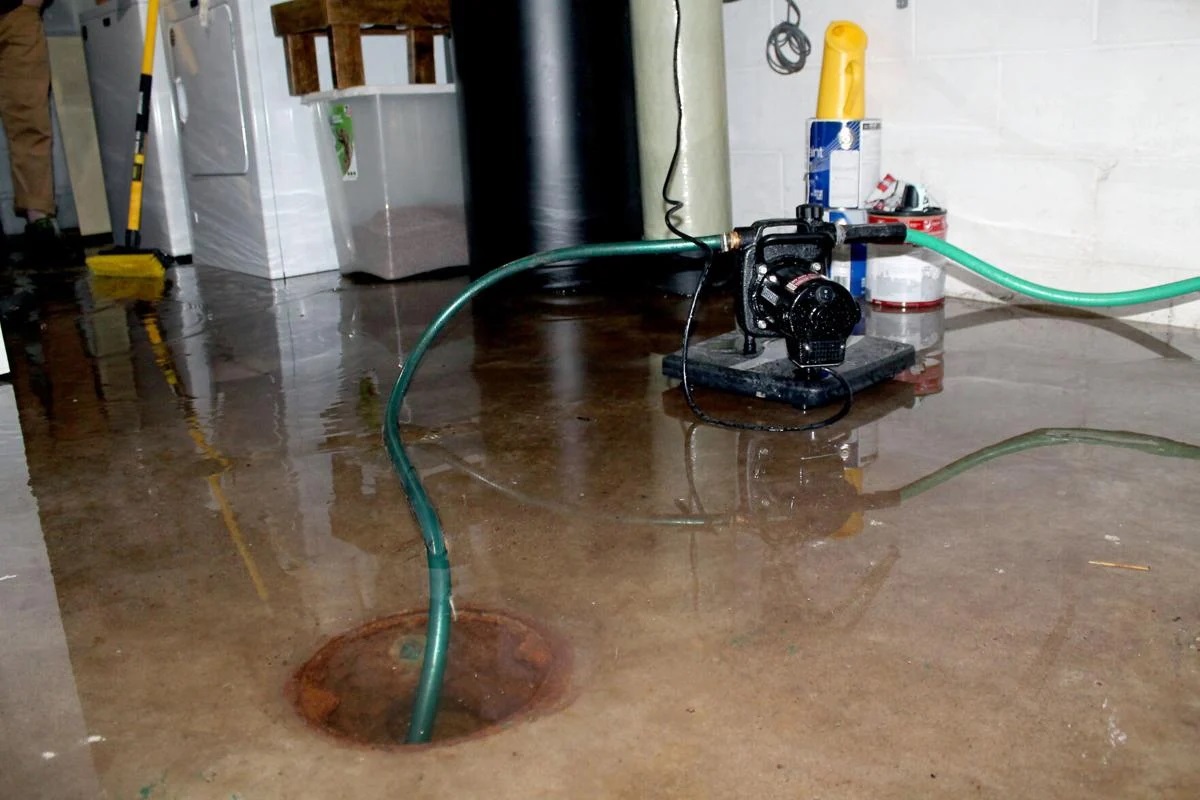
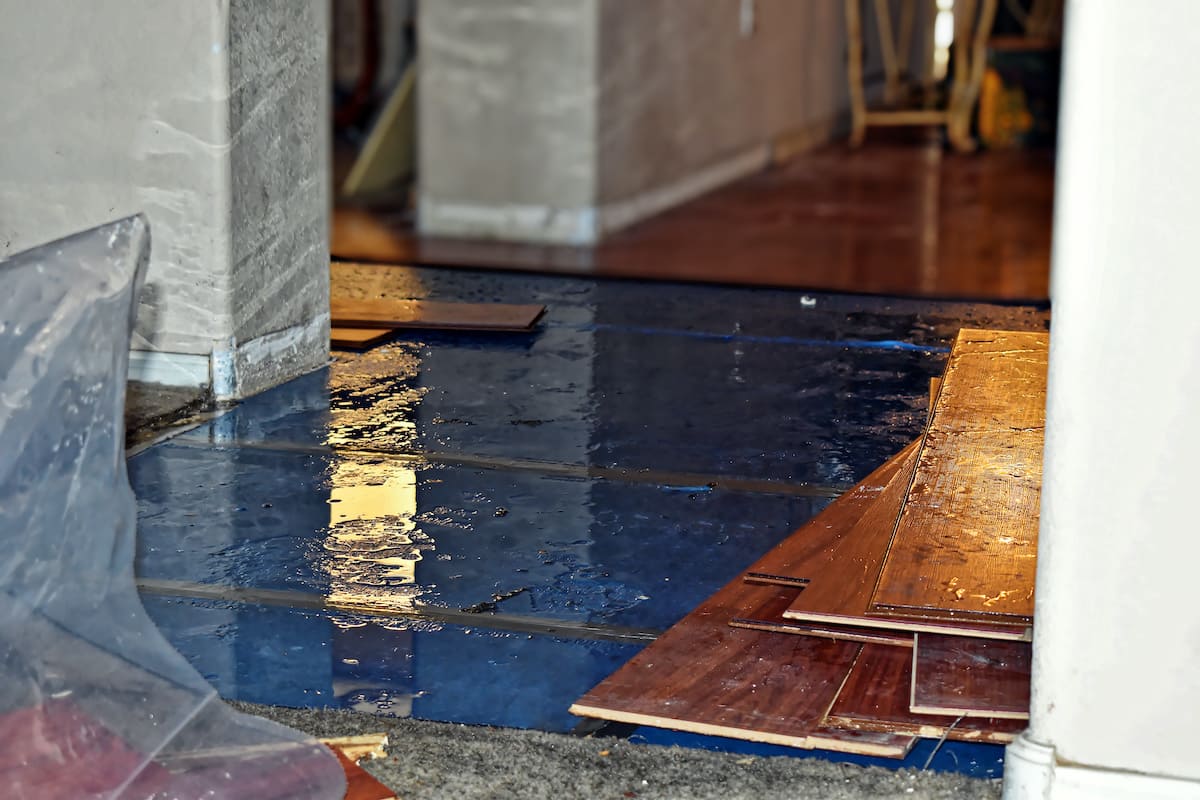
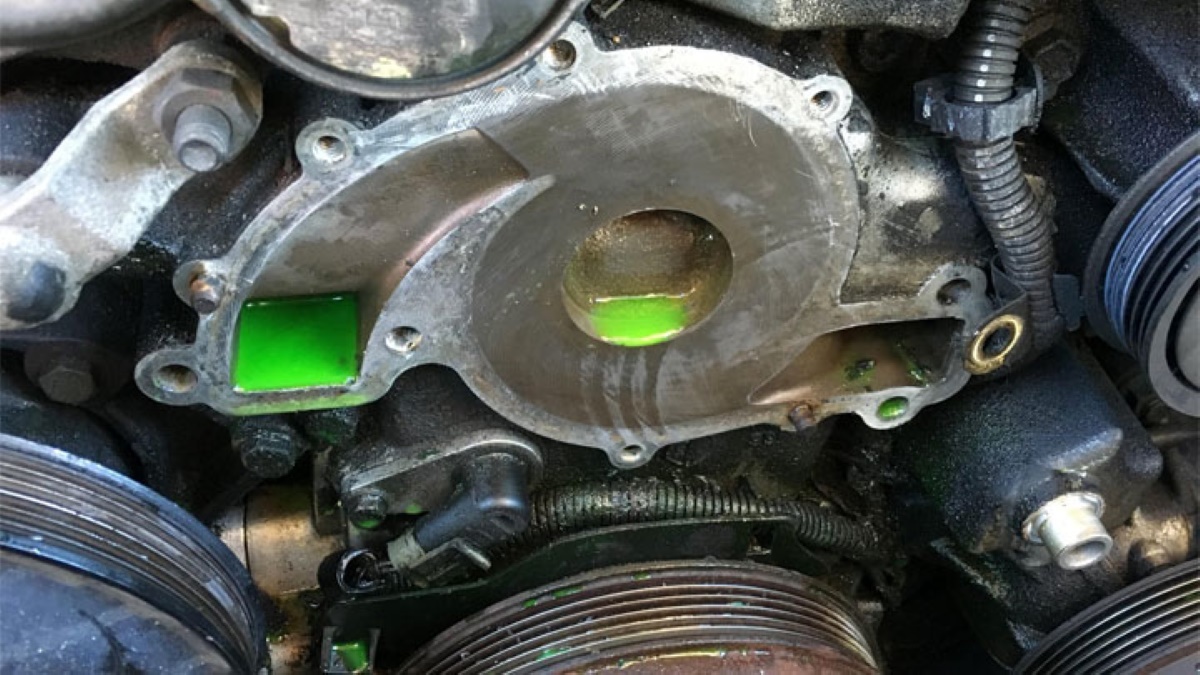
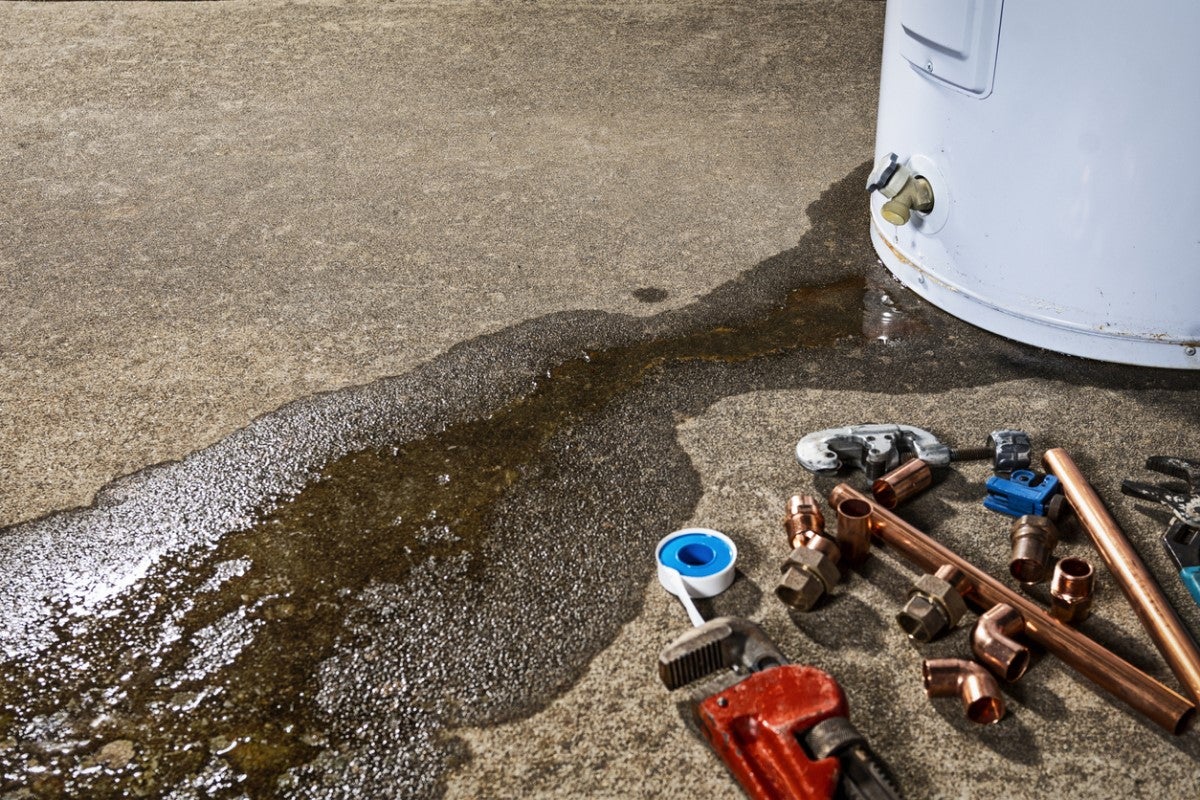
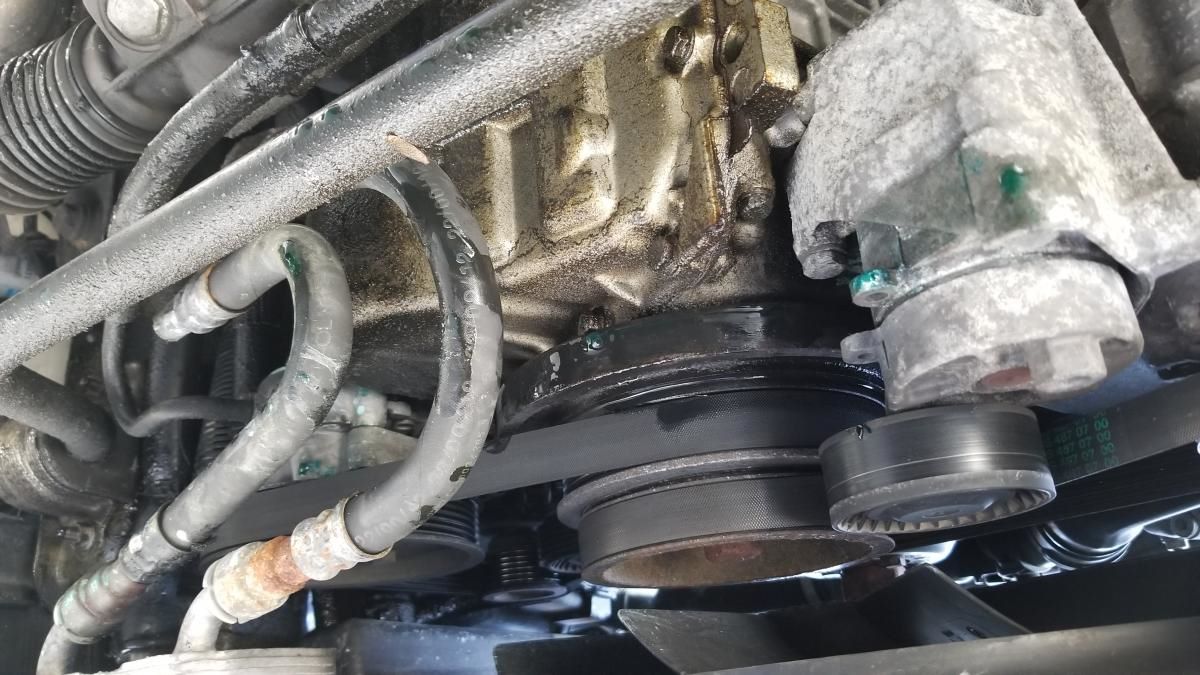
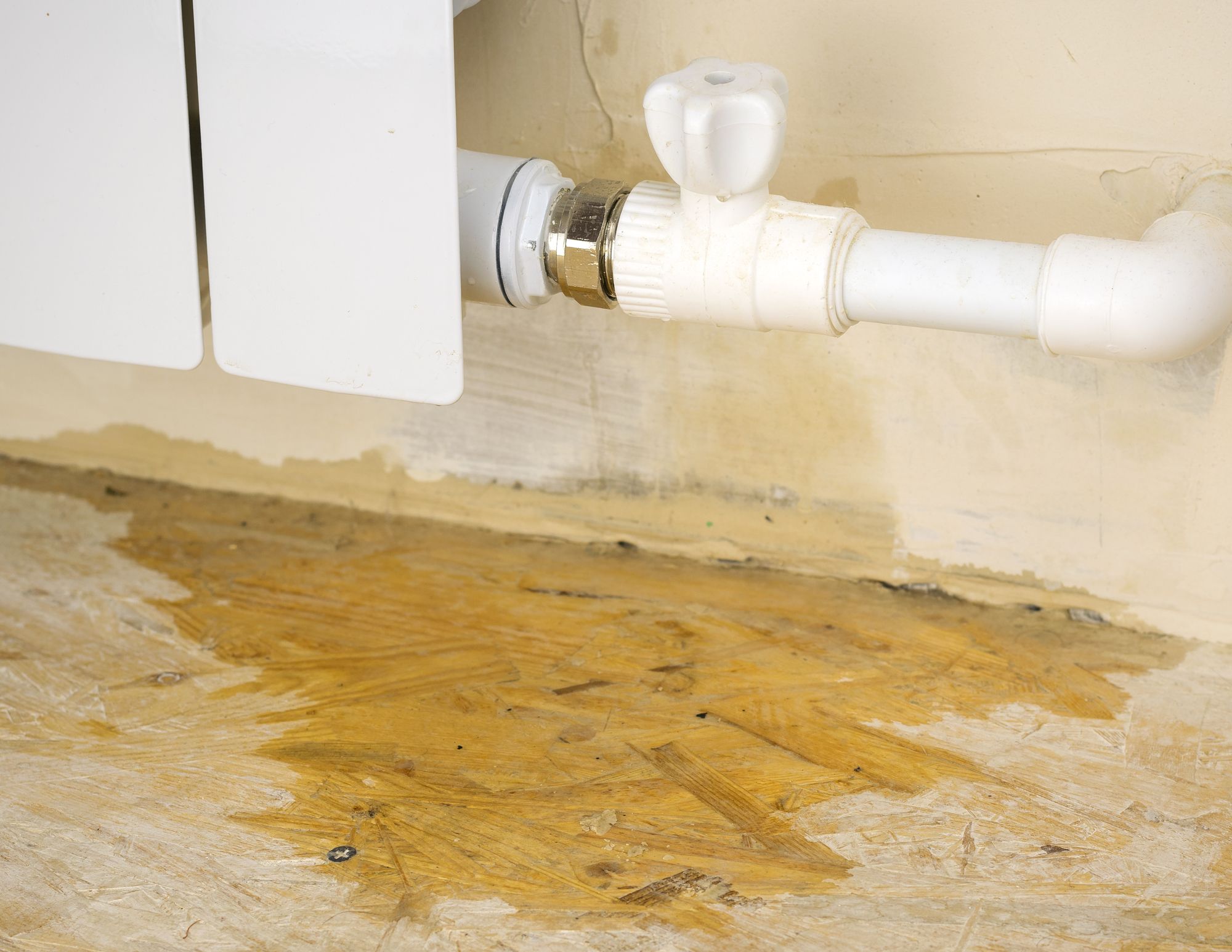
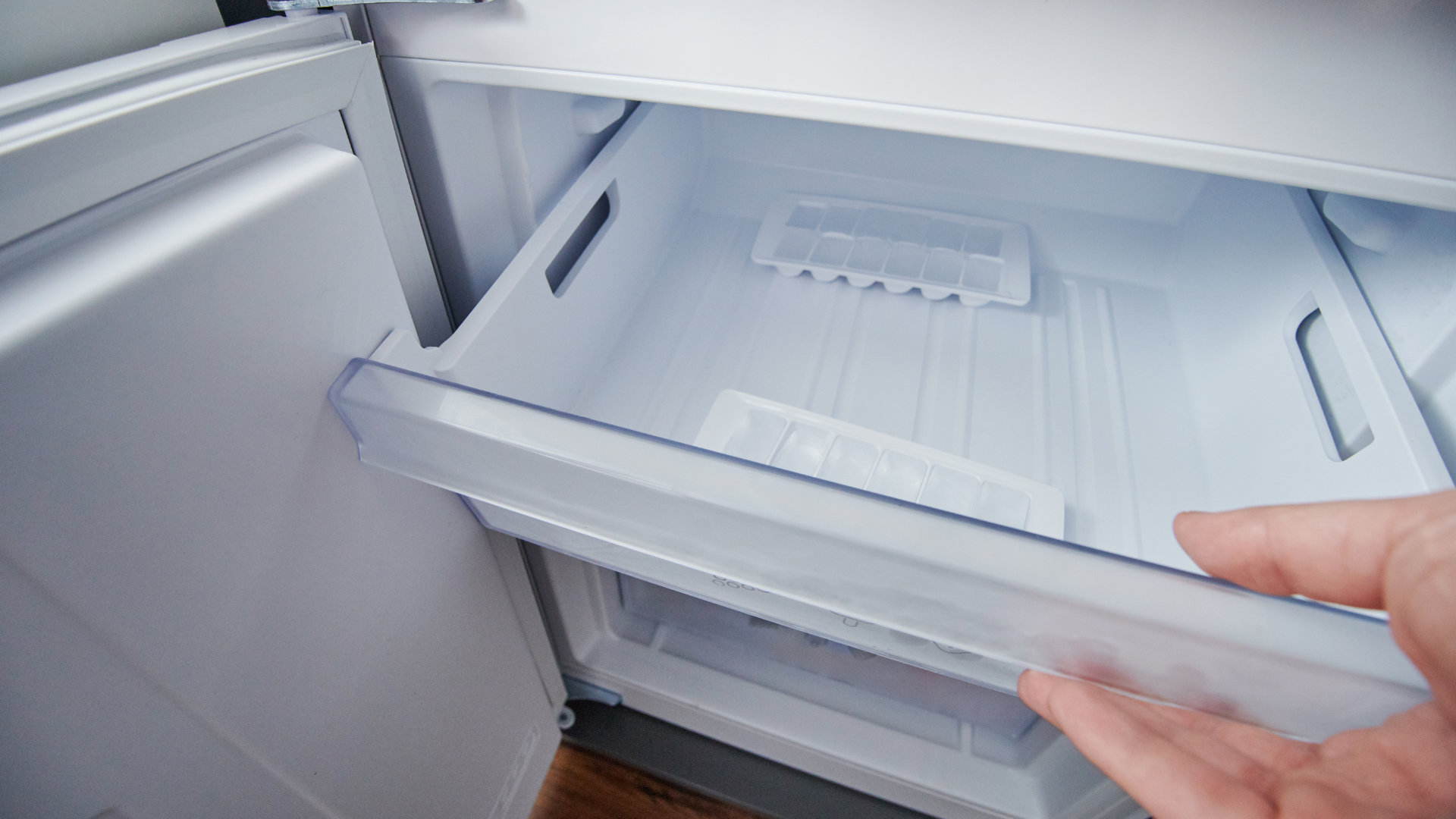
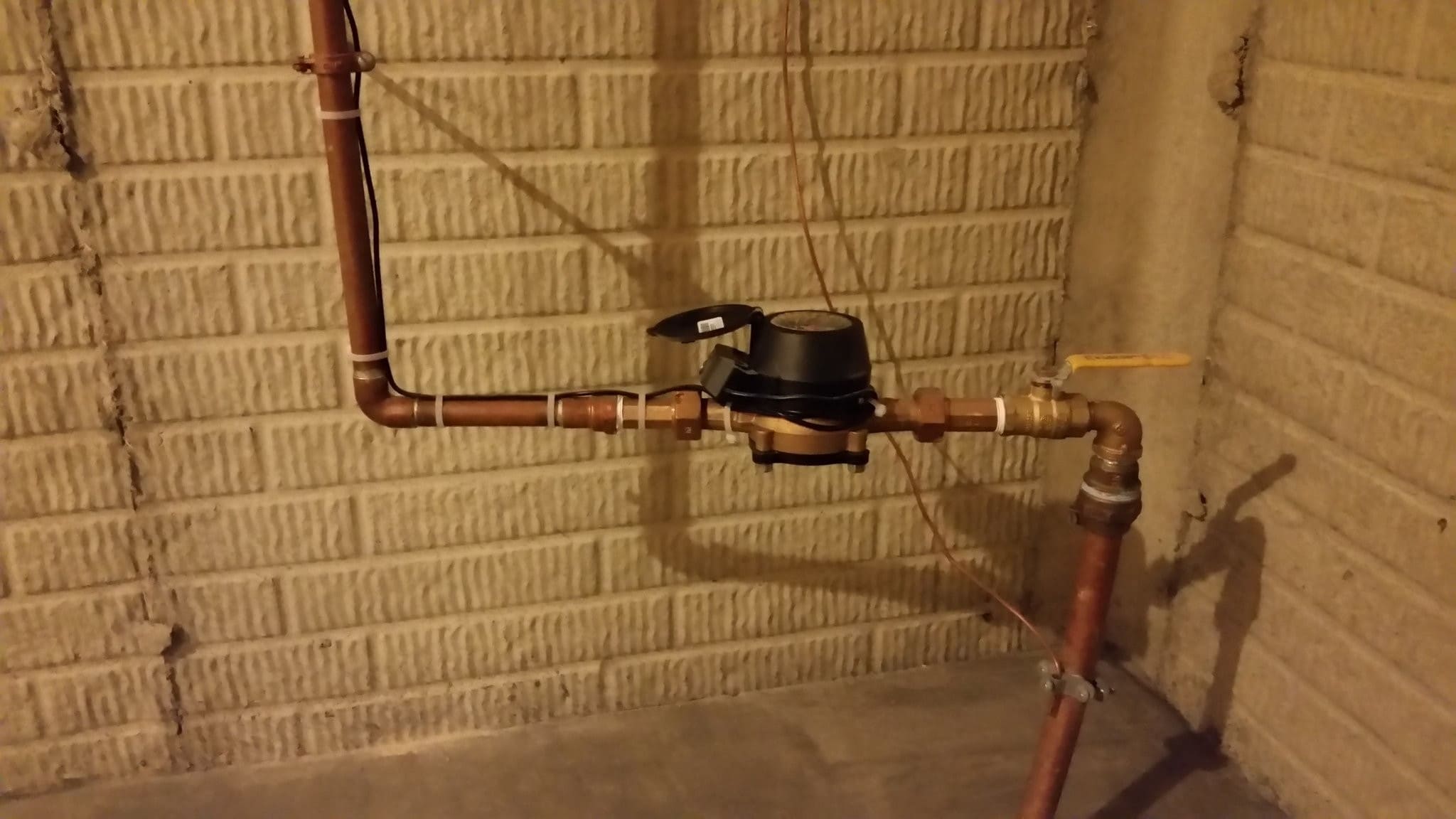

0 thoughts on “How To Handle A Water Leak In The Basement”